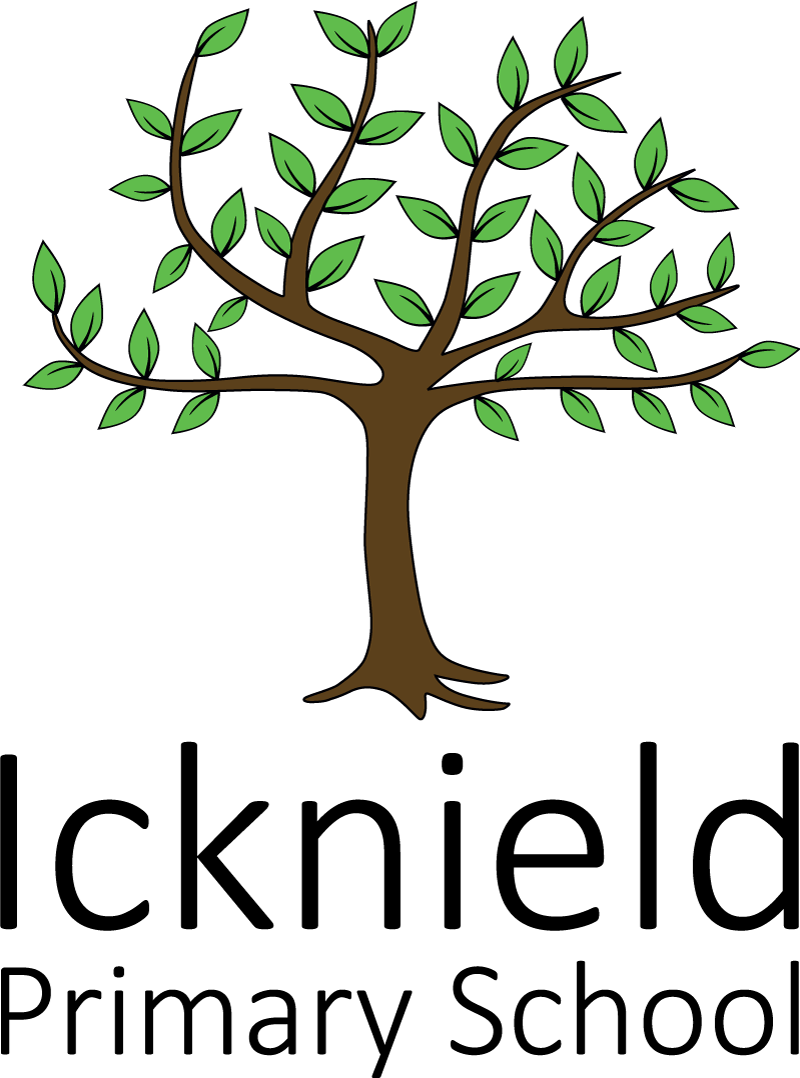Geography
Geography
INTENT
We aim to inspire our pupils to become curious and explorative thinkers with a diverse knowledge of the world; in other words, to think like a geographer. We want pupils to develop the confidence to question and observe places and learn to collect necessary data and record, analyse and present their findings. We aim to develop in pupils a deep understanding of their locality and how it differs from other areas of the world. We want to build an awareness of how geography shapes our lives at multiple scales and over time. We hope to encourage pupils to become resourceful, active citizens who will have the skills and motivation to contribute to and improve the world around them.
IMPLEMENTATION
We have chosen to base our geography curriculum on the scheme of work by Kapow Primary which has a clear progression of skills and knowledge across each year group within the four geographical strands specified by the National Curriculum (Locational knowledge, Place knowledge, Human and physical geography, Geographical skills and fieldwork).
‘TIPS Geography Subject Progression’ shows how these develop to ensure that attainment targets are securely met by the end of each key stage. The two EYFS units allow pupils to work towards the ‘Understanding the world’ Development Matters statements and Early Learning Goals, and develop foundational understanding for KS1. These can be selected by the teacher to fit in with Reception class themes or topics. Our KS1 and 2 units are delivered every other half term – alternating with history – and are based on enquiry questions that are genuinely purposeful and engage pupils in generating a real change. Each unit contains elements of geographical skills and fieldwork.
Developing fieldwork skills within the school environment and revisiting them in multiple units enables pupils to consolidate their understanding of various methods. This makes fieldwork regular and accessible while giving children a thorough understanding of their locality and providing a firm foundation when comparing it with other places.
Geographical vocabulary and key concepts (place, space, scale, interdependence, physical and human processes, environmental impact, sustainable development, cultural awareness and cultural diversity) are woven across all units rather than being taught discretely.
Locational knowledge, in particular, is reviewed in each unit to consolidate concepts such as scale and place. Our scheme is a spiral curriculum, with essential knowledge and skills revisited with increasing complexity, allowing pupils to revise and build on their previous learning.
Our geography curriculum is further enhanced by exciting visits and trips as well as interacting – face-to-face or virtually – with those who have firsthand experience of living and working in places beyond most pupils’ travel experience. Rich cross-curricular links are made between geography and other humanities, maths and science and the arts.
IMPACT
Our enquiry-based approach to learning will allow teachers to assess children against the National Curriculum expectations for geography. Our geography scheme is monitored through built-in formative and summative assessment such as unit quizzes and knowledge catchers, and the opportunity to present their findings. After implementing our geography curriculum, pupils should leave school equipped with a range of skills and knowledge to enable them to study geography with confidence at Key stage 3. We hope they will be curious geographers with respect and appreciation for the world and understanding of the interconnection between the human and the physical.
